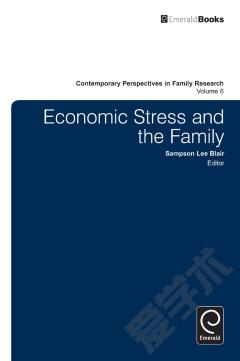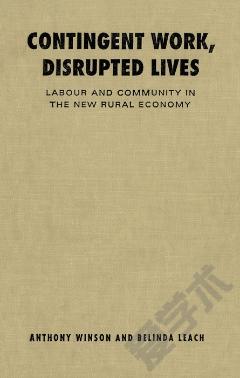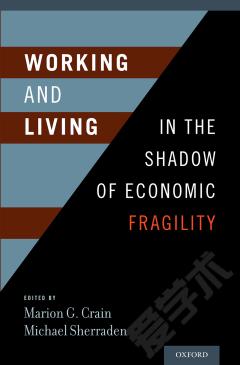Work and Family in the New Economy
This volume will focus on innovative research that examines how the nature of paid work intersects with family and personal life today. Although some workers have more stability than others, rising income inequality, the continued rise of nonstandard work, further erosion of unions, technological advancements that encourage permeable boundaries between work and home, and the pressures of a global 24/7 economy generate an aura of insecurity for all. Some workers are working long hours but have some control over when, where and how they work; many others are poorly compensated and struggle with underemployment, have little say over their schedules, lack adequate benefits, and must cobble together several jobs and/or rely heavily on kinship networks to make ends meet. These changes suggest the need for nuanced analyses that are sensitive to class variation in work conditions and to diverse family formations. Research that addresses how current work conditions are experienced in different life course stages and in different policy contexts is also needed to fully understand the work-family interface.
{{comment.content}}








 京公网安备 11010802027623号
京公网安备 11010802027623号